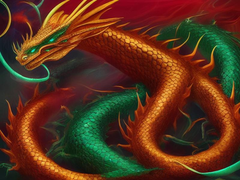.png)
Understanding “angka jitu orang mati” and Its Relevance
Angka jitu orang mati is a term often associated with specific number predictions or forecasts in Indonesian culture, particularly in relation to lottery games and other numerical bets. This concept blends traditional beliefs with modern gambling practices, providing a unique intersection of cultural and financial interests. This article explores the origins, significance, and impact of angka jitu orang mati, offering a comprehensive overview of this intriguing topic.
Origins of Angka Jitu Orang Mati
The term “angka jitu” translates to “accurate numbers,” and “orang mati” refers to “dead people” in Indonesian. This practice is rooted in traditional beliefs where numbers are thought to be associated with certain events or individuals. Historically, numbers were often linked to ancestors or spiritual entities, and their significance was used to predict future outcomes, including lottery results.
Modern Usage and Popularity
In contemporary times, angka jitu orang mati has gained popularity among lottery enthusiasts and gamblers. Many people use these numbers as part of their betting strategies, believing that they offer a higher chance of winning. Various online platforms and local communities share predictions based on historical data and cultural interpretations, adding to the practice’s appeal.
Impact and Cultural Significance
The impact of angka jitu orang mati extends beyond gambling. It reflects the broader cultural fascination with luck and destiny. This practice underscores how traditional beliefs continue to influence modern behaviors and decision-making processes. Despite its controversial nature, it remains a significant aspect of Indonesian culture, highlighting the blend of old and new in contemporary society.
In summary, angka jitu orang mati represents a fascinating blend of traditional beliefs and modern practices. Its role in gambling and cultural contexts illustrates the ongoing influence of historical customs on current lifestyles. Understanding this concept provides insight into how cultural traditions evolve and adapt over time.









